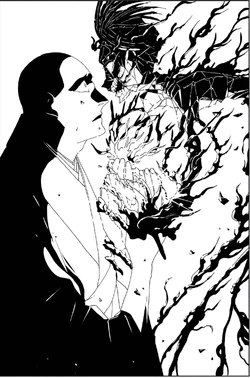
WHAT TO DO IF YOU HAVE SYMPTOmS
If you are aware that you have any of the above symptoms, please speak to a mental health professional. If you are unable to do so for any reason, self-diagnosis is always an option, but please, PLEASE do your research. Here are some things to know:
- It is very common for BPD to be misdiagnosed as another disorder such as bipolar disorder or anxiety. This is because many symptoms of BPD overlap with symptoms of other disorders and BPD often co-occurs with other disorders, and the symptoms of these disorders may overshadow the symptoms of BPD.
- There is still a lot of stigma surrounding BPD and cluster b disorders in general. A lot of people believe that it is impossible to have a healthy and fulfilling relationship with someone who has BPD. Some psychiatrists and therapists will refuse to treat anyone with BPD. Like I said before, we are not monsters and we do not intentionally go around hurting others and ruining relationships.
- BPD is a complex disorder and it shows itself in many different ways. Some people with BPD are quieter about it, while it's more noticeable in others. There is a type of BPD that many people call "quiet BPD," which means you feel all the emotions and experience all the symptoms of the disorder but rarely outwardly express or show it. Even in those who do outwardly express their symptoms, it can be difficult for their friends or family to notice since the symptoms of BPD will often only show themselves in very close, intimate relationships. About 90% of my friends and family have never witnessed me having an emotional outburst.
- Many mental health professionals are hesitant-or outright refuse-to diagnose BPD in teenagers since most of the symptoms are very similar to normal teenager behavior and emotions such as mood swings, unstable relationships, and reckless/impulsive behavior. It is also difficult to diagnose in teenagers since it's a personality disorder and the very nature of teenagers is that their personality is still changing and developing. However, it is definitely possible for teens to have BPD and the symptoms can make functioning in daily life very difficult if left untreated. Children under the age of 13 can technically be diagnosed with BPD, but this is very rare.
- A lot of the time when I explain to people what BPD is, they tell me that it just sounds like what most normal people experience. This is true, a lot of people do have some symptoms of BPD (like having mood swings and feeling empty), but for people with the disorder, these symptoms are not only more extreme but play a huge part in how we view ourselves and others. BPD can ruin relationships, sometimes the shame and self-loathing that comes from these ruined relationships cause me to sabotage the relationships I still have. 75% of people with BPD have attempted suicide at least once, and it is estimated that 1-3% of them succeed. It is not a fun disorder to live with.
- If you suspect that someone you know has BPD, please let them know and encourage them to do research and/or get a professional diagnosis. Keep in mind that you can't force them to do anything, it's their choice whether they want to seek help or not.
- PLEASE do not diagnose yourself based on just this carrd. Self-diagnosing is always valid if there is no other option but you should always do as much research as possible if you plan on diagnosing yourself with a personality disorder. It is so so important to understand that BPD has to heavily affect your relationships and self-image for years and years otherwise it's just normal personality traits or a different disorder like anxiety.
- If you are thinking or fantasizing about hurting or killing yourself, please speak to a close friend or family member or call a suicide hotline number. In the U.S., you can call the national suicide prevention hotline at 1-800-273-TALK (1-800-273-8255) at any time of day